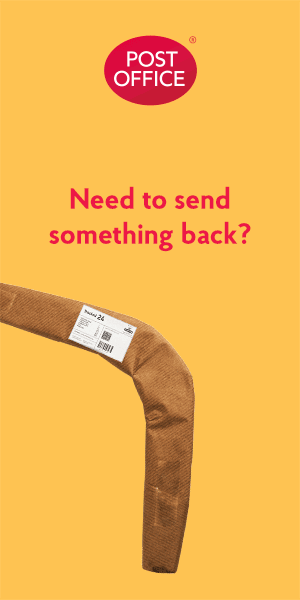A business’ waste management solution defines if it will stay safe from the strict government regulations. The government’s guidance of handling waste demands a waste generating business to keep a proactive waste solution business in place.
Businesses, to make sure that they abide by these and other similar environmental guidelines, can even consult with RSB Environmental or similar environmental consultancies that can help them with various requirements and rules that they need to comply with. Note that, from all the guidelines, waste management can be a seriously hazardous one, and a business should not handle its waste improperly as it can causes threats to environmental safety and human health.
The basics of handling hazardous waste
You first need to understand the type as well as quantity of hazardous waste produced by your business. These details will be necessary when you are disposing your waste off. Ideally, you should have a complete description of the waste, its quantity, as well as the components of the waste so that it can be handled and disposed properly. We talked to Reconony, providers of skip hire, to help you understand this process better.
Step 1: Classify your waste
As a business producing hazardous waste, you are liable to follow a duty of care. You are responsible for the type of waste your business is producing and hence partake actively in its disposal or the accidents/issues that arise because of it. Most hazardous wastes including asbestos, pesticides, oils and even chemicals like printer toner and brake fluid pose threats to the environment as well as humans. However, wastes like various types of oil, fridges and other equipment that may have ozone depleting substances and even batteries are classified and hazardous waste and must not be disposed carelessly.
Step 2: Store your waste
Just because various types of waste are classified as hazardous does not mean they all be stored together. You must store each type of waste separately. This is not all, you will have to label the waste properly too. In general, four types of hazardous wastes are classified, namely- agriculture, construction, industry, and demolition.
The waste should be kept in leak-proof containers. To ensure that there are no further leaks, ensure that all containers of waste are wrapped in a waterproof casing. You should keep hazardous wastes in safe places in the premises. The area must be clean and should likely be accessible to the emergency services in case of an accident. Note that hazardous waste storage areas should only be accessible to qualified employees who can check on it regularly and see signs of contamination.
Step 3: Disposing your waste off
You must double-check your waste labels before sending them for disposal. You need to make a consignment note for the waste being disposed of. The consignment note is not necessary if you are moving domestic waste that does not contain asbestos. If the waste is being exported or imported under international laws, then too, it may not require a consignment note. With the help of these notes, it might be easier for companies that provide dumpster rentals to transport and dispose of the waste safely.
The note is mandatory for domestic movements in these three conditions:
- The waste is being collected by registered waste carriers.
- Waste is moving within the organization from one premise to another
- When another business has produced waste within the premises.
The consignment note should detail the type of waste, state of the waste (solid, liquid, mixed or sludge), the quantity of the waste as well as its chemical composition. Also, ideally, look for waste disposal companies that intend to recycle them, whether through the use of a recycle baler machine Anis or any other machinery. Recycling can help to reduce the amount of waste that we send to landfills. When waste rots in a landfill, it leeches toxins into the groundwater and soil and emits greenhouse gases such as methane as it decomposes, contributing to global warming.
Not only that but if recyclable items are discarded, the precious raw materials and energy used to create them are wasted. Reducing waste costs – managing and handling waste is expensive, and reducing the amount of waste sent directly to the landfill can result in significant savings on landfill tax as well.
Waste disposal is not pricey. In Northern Ireland and Scotland, you will pay 15 for waste disposal. However, in England and Wales, the price is set at 10 per disposal. If you opt for multiple collections, then the waste carriers can provide you a 50% discount on each consignment note. The price will be reduced to only 5 per note.
Check your local regulations related to waste disposal and talk to a good waste management company today.


